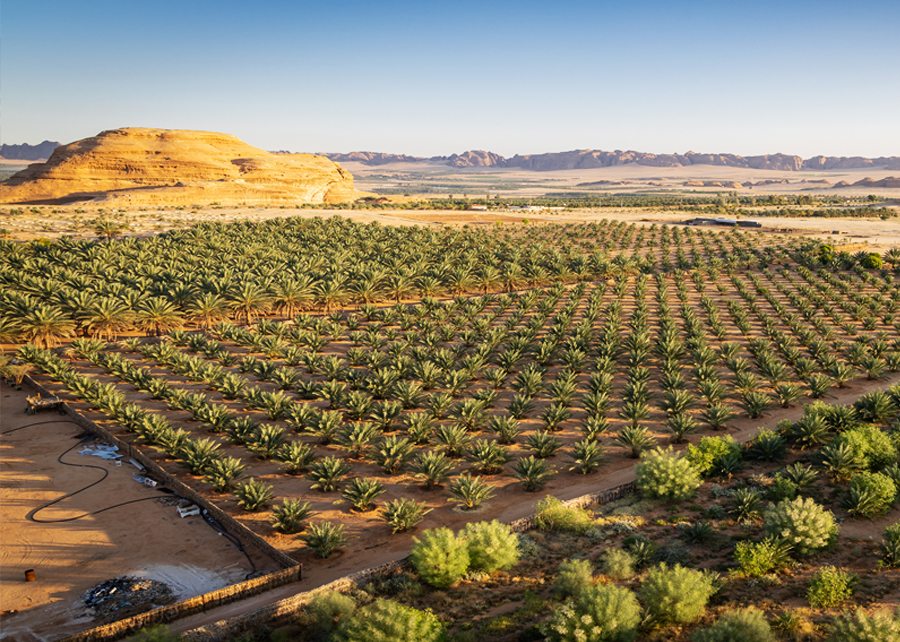Climate Pressures Mount as MENA Nations Rush to Protect Food Security
26 November 2025Doha: 26th of November 2025
Across the Middle East and North Africa, farmers, families and entire communities now stand at a defining crossroads. In the world’s driest region, where every drop of water carries the weight of a livelihood, rising temperatures, deepening droughts and shrinking freshwater reserves are reshaping daily life. The Al-Attiyah Foundation’s latest Sustainability Research Paper warns that the race to protect food production in these fragile environments is accelerating and the window for meaningful action is narrowing.
The report, “Sustainable Agriculture in Arid Countries,” paints a sobering picture. MENA holds just one percent of the world’s freshwater yet supports six percent of the global population. For many farmers, this scarcity is no longer an abstract statistic. It is the reason crops yield less, reservoirs dry earlier each year, and groundwater wells sink deeper into deficit. Climate driven droughts have already reduced harvests by ten to thirty percent, threatening both food security and household incomes across the region.
Amid these challenges, there are signs of hope. Countries such as Qatar, the UAE and Saudi Arabia are investing heavily in technologies that give farmers a fighting chance. Precision irrigation, solar powered desalination, climate-smart greenhouses and digital farming tools are helping communities make the most of the water they have. Qatar’s HAIAT precision agriculture project, for example, uses satellite data and artificial intelligence to guide farmers on exactly when and how much to irrigate. These innovations show what is possible when science and sustainability work hand in hand.
However, many farmers remain in the margins. High upfront costs keep modern irrigation and protected farming systems out of reach for smallholders, the very people who grow a significant share of the region’s food. Despite carrying the greatest climate burden, they receive less than one percent of global climate finance. The report calls for new financial lifelines such as blended finance, concessional loans and climate insurance that can help farmers stay afloat when droughts strike. A recent US$7.9 million drought insurance payout in Syria, which supported one hundred and twenty thousand people, shows how powerful these tools can be when designed well.
The Foundation concludes that the region is entering a race for resilience. The countries that will thrive are those that scale water efficient technologies, strengthen governance and unlock climate finance not only for major producers but for the countless small farmers whose resilience keeps food on tables across the region.
To read Sustainable Agriculture in Arid Countries and explore other Al-Attiyah Foundation publications, visit abhafoundation.org.
